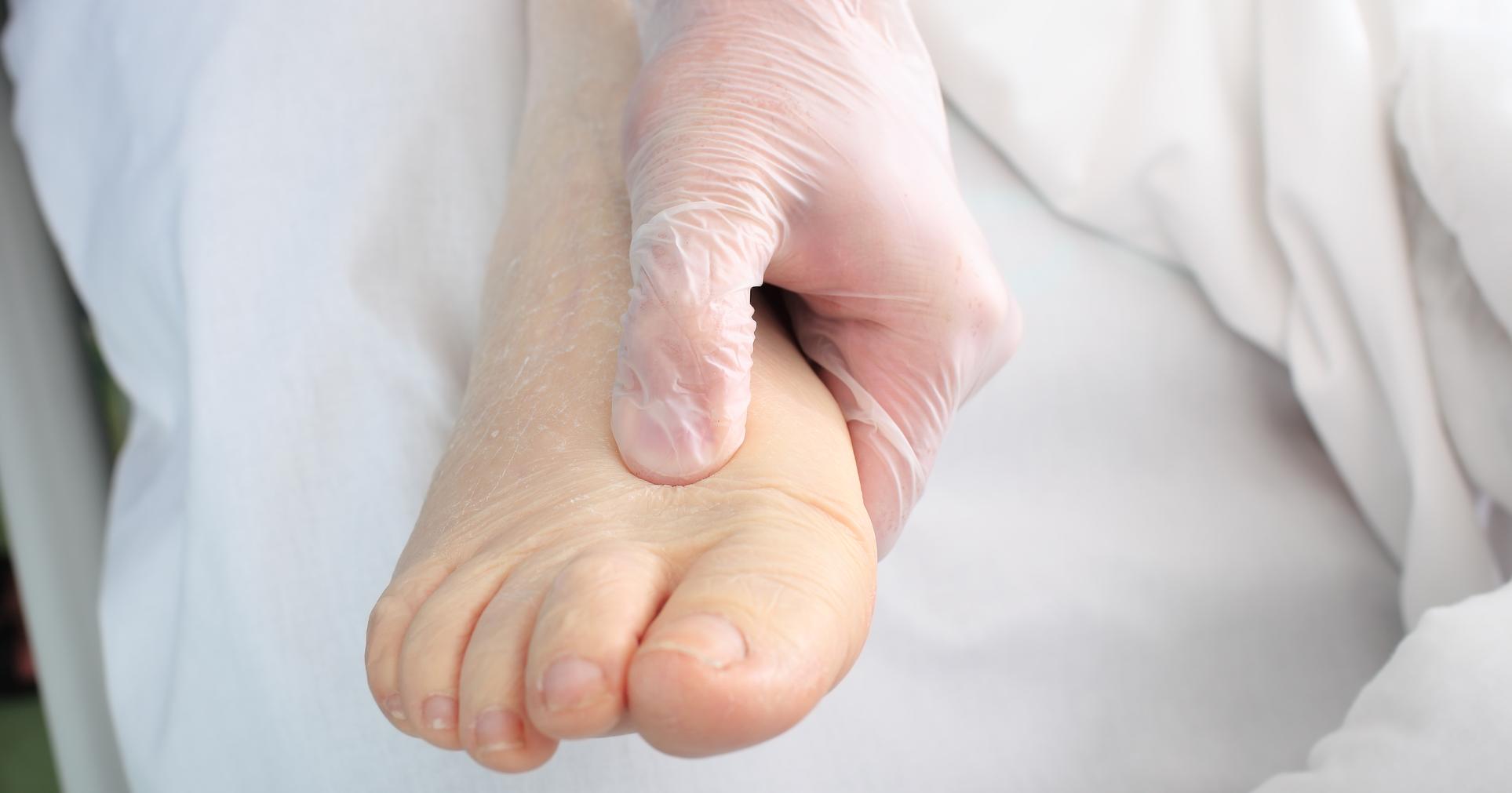Signs Of Alport Syndrome
Alport syndrome is an illness that causes damage to the tiny blood vessels found in kidneys and can lead to kidney disease and even kidney failure. Additionally, Alport syndrome might cause problems with the eyes and hearing loss. Kidney damage is caused when the syndrome attacks the glomeruli, which are tiny filtering units found inside the kidneys. Alport syndrome is a genetically inherited disease passed down through families. The leading cause is mutations found in the genes that affect the protein 'collagen.' Collagen is a necessary component of normal kidney structure and function. Collagen changes also have the potential to cause issues with the eyes and ears. Alport syndrome has three genetic variants, but no matter which it is, though, the kidneys will be affected. These are the main signs and symptoms a person is afflicted with Alport syndrome.
Hematuria

Hematuria is the medical name given to the phenomenon where blood enters a person's urine, and it is often a sign of an issue with the kidneys. In Alport syndrome, it's the earliest and most common symptom. Hematuria tends to make the urine appear to be red, pink, or cola-colored because of the red blood cells. Thankfully, bleeding doesn't tend to be painful unless you pass blood clots in the urine. Many other issues might cause bloody urine, but in all cases, make an appointment with your doctor should you notice blood in your urine.
Some common causes besides Alport syndrome are urinary tract infections, other kidney infections, bladder or kidney stones, an enlarged prostate, or cancer. It might also be a side effect of certain medications. If you don't have a family history of Alport syndrome, it's likely the bloody urine is caused by another issue.
Edema

Edema occurs when the feet, ankles, legs, and area around the eyes become swollen as a result of abnormal fluid accumulation. The exact symptoms will vary depending on the type of edema the patient is suffering. Symptoms of the peripheral version tend to include swelling of whatever areas are affected, and the surrounding skin will tighten. Swelling tends to be gravity-dependent, meaning it will change depending on the body's position. When a patient is upright, the swelling may increase; when they keep their legs elevated, it may decrease in the legs but appear more prominently in their eyes. The skin around the swollen area will look shiny and tight. If a person applies pressure with their finger, an indentation will often appear.
This symptom occurs with Alport syndrome because the capillaries in the body have leaked blood into their surrounding tissue, and the excess fluid causes the swelling. Fluid leaking from the blood vessels is caused because of abnormalities in the body's collagen production. The collagen is necessary to regulate their blood vessels correctly.
